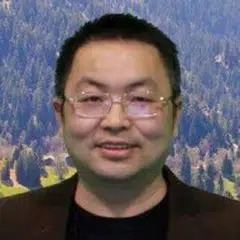How China's 'poor' ultra-rich can truly become world-class entrepreneurs
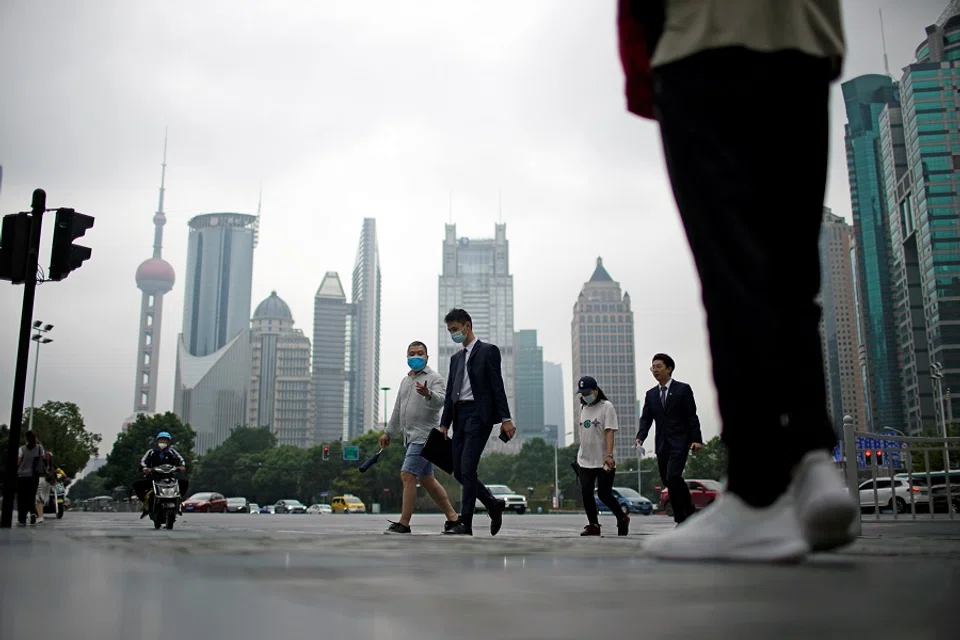
Recently, Chinese commentators have been flagging concerns about Lenovo on social media, sending the internet into overdrive. They raised questions about corporate insolvency and senior executives' sky-high salaries, claiming the situation was one of "poor temple but rich abbot" (穷庙富方丈). Lenovo founder Liu Chuanzhi, a godfather figure in China's private sector who built the Lenovo brand from scratch, also received a lot of criticism.
Prior to this, China's rash of anti-monopoly guidelines and regulations led people to wonder if high-profile businessman Jack Ma would face greater troubles. Some analyses have it that following China's drive towards "common prosperity", people are starting to have different expectations of China's ultra-rich entrepreneurs. Some are even questioning if entrepreneurs who have "grown wealthy first" would be harshly dealt with.
Entrepreneurs' role in teaching others to fish
Worries that China would take measures against entrepreneurs because of its common prosperity aim are completely unfounded. As a social ideal, common prosperity demonstrates how a socialist system is more reasonable, fair and humane than a capitalist system. It is an active exploration of avenues to resolve societal issues such as economic inequality and social fragmentation. This requires the country to seek progress while maintaining stability, and adopt legal and appropriate measures as it gradually advances.
During this process, the government actually needs to sustain the enthusiasm of entrepreneurs and other groups that have "grown wealthy first" so that they can better play their role of guiding and helping others to become rich. Thus, the Chinese government is set to pay more attention to entrepreneurs, whose status, rights and interests will only become more valued and strong.
Although many people think that these entrepreneurs are already rich, many tasks remain unaccomplished. It can be said that spiritual poverty still haunts them.
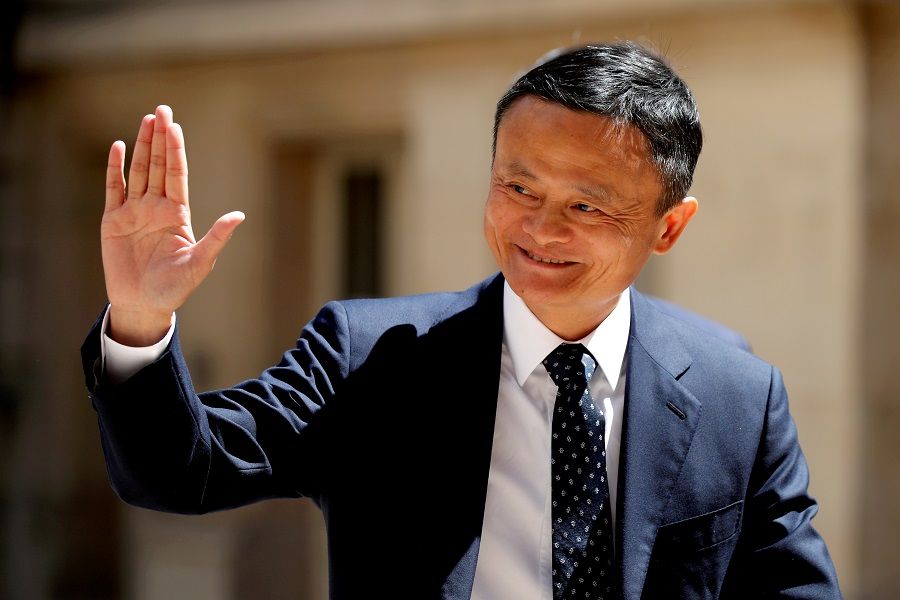
Therefore, the criticisms that entrepreneurs like Liu and Ma are receiving are more related to personal factors than China's drive towards common prosperity.
When the nouveau riche reach a plateau
However, since Liu and Ma are prominent members of the Chinese entrepreneur community, the problems they have been embroiled in indeed merit some discussion on wealth in Chinese society. It in fact shows that Chinese entrepreneurs who have already amassed great material wealth face the problem of "becoming wealthy for the third time", albeit in the spiritual realm. Although many people think that these entrepreneurs are already rich, many tasks remain unaccomplished. It can be said that spiritual poverty still haunts them.
Chinese entrepreneurs first got wealthy during the early stages of reform and opening up. They were pioneers in amassing wealth and assuring some form of security for the survival and development of themselves and their families. Compared with the vast majority of workers and farmers at that time, they were the people who "grew wealthy first".
The second time they got wealthy was after China grew closer to developing a market economy system. After overcoming the hurdles of developing and strengthening their enterprise and capital, these groups of Chinese entrepreneurs became truly wealthy financially and materially. Some of them even reached the ranks of the ultra-rich on a global scale, owning assets and wealth comparable to the big capitalists in Europe and the US.
Ma once had a debate with Tesla CEO Elon Musk. When Musk shared his thoughts about Mars exploration, artificial intelligence and other technologies related to mankind's future and destiny, Ma frankly said, "I'm not a tech guy, I think more about life."
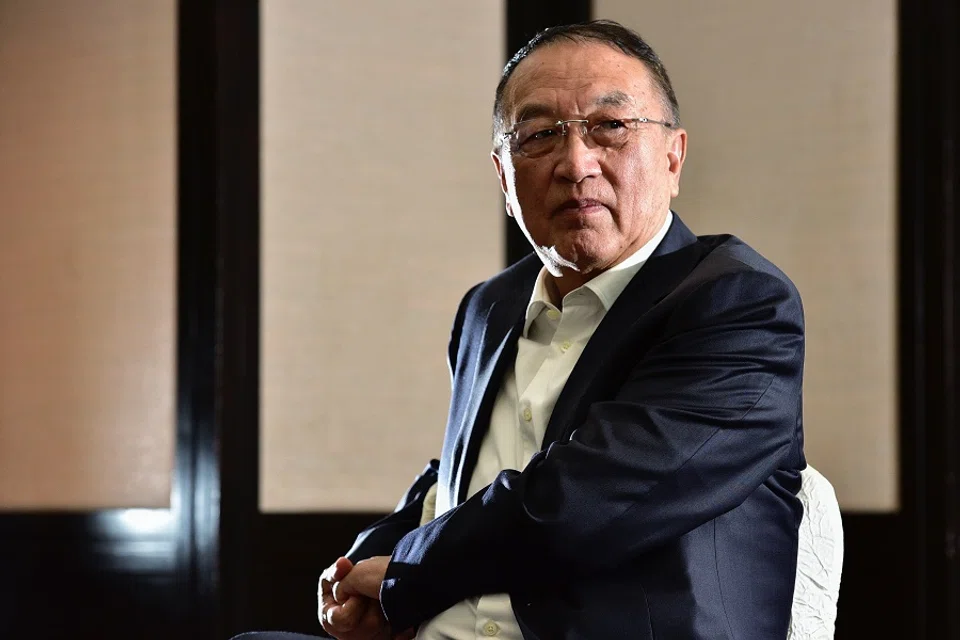
However, many of them are still "poor" in a certain sense, especially in terms of spiritual wealth. Having earned a lot of money, they now have the problem of having too much to distribute over a few generations and fretting over how they should spend their wealth in this generation. Many are boastful and lead decadent lives, while others earn money for its sake and remain an uncultured nouveau riche. Some adorn themselves with Western style manners and fashion, or strive to repackage themselves as Confucian entrepreneurs and cultured persons, but these actions only expose the fact that they have more money than brains and that they are mentally and spiritually lost and without direction.
This is the case with Ma and a few others. While they have packed their schedules to the brim these past years by giving speeches everywhere, establishing so-called universities, and participating in various cultural and entertainment industries, they are just trying everything possible to earn more money to the point of seeking monopoly and fighting vegetable sellers for profit.
Ma once had a debate with Tesla CEO Elon Musk. When Musk shared his thoughts about Mars exploration, artificial intelligence and other technologies related to mankind's future and destiny, Ma frankly said, "I'm not a tech guy, I think more about life." Some Chinese netizens felt that Musk's remarks were inspirational and forward-looking. In contrast, Ma's true colours were on display for all to see.
Of course, one debate cannot determine who is the wiser one between the two. But Ma's "businessman" image exposed his ambitions in the pursuit of money and material wealth and his lack of effort in pursuing a higher spiritual wealth.
When I was a Chinese local government official, I once visited Alibaba with my team. Although we were received by higher-ups in the enterprise, Ma's reception team only eagerly hoped that I would use my position to help promote their rural e-commerce platform to central China, and had zero interest in the long-term sustainable development of science, technology and the humanities.
Chinese businessmen in history could have lacked proper means for pursuing social ideals. As a result, Chinese entrepreneurs today are not able to competently handle the relationship between earning money and social ideals...
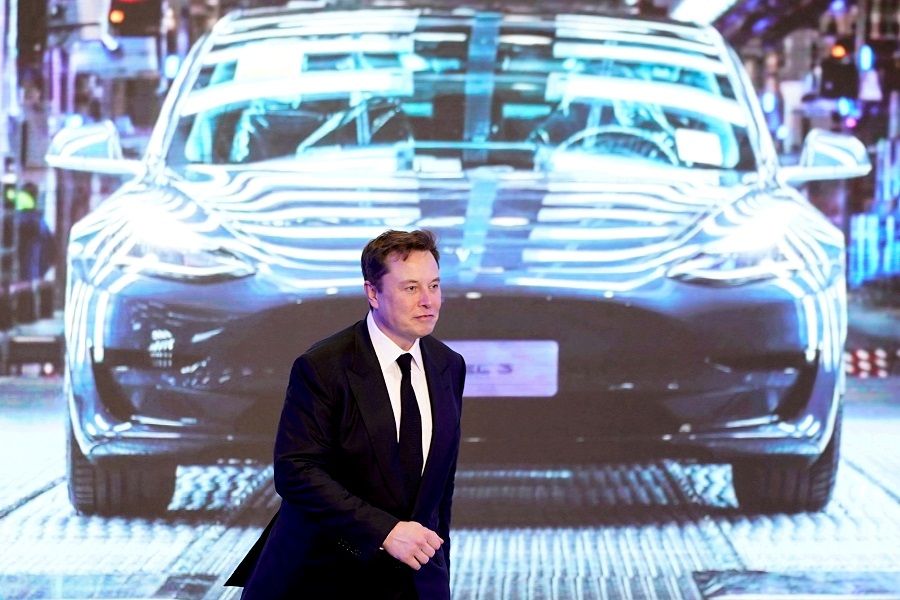
A need to rise above material wealth
Ma's predicament in fact highlights the need for Chinese entrepreneurs to "grow wealthy for the third time" - in the sense of spiritual wealth. Chinese entrepreneurs are inherently lacking in this area because of China's perennial emphasis on agriculture and bias against commerce (重农抑商). Merchants had a lowly status.
Some of the earliest and most famous merchants in Chinese history - such as Lü Buwei of the Qin state during the Spring and Autumn period and Fan Li of the Yue state - either engaged in political opportunism through his wealth in the case of Lü, or concentrated on his business and stayed away from politics in the case of Fan. These examples show that Chinese businessmen in history could have lacked proper means for pursuing social ideals. As a result, Chinese entrepreneurs today are not able to competently handle the relationship between earning money and social ideals, and giving back to society belongs to a pursuit on the spiritual wealth level.
It is necessary for today's Chinese entrepreneurs to pursue higher-quality spiritual wealth and "grow wealthy for the third time". China is already the world's second largest economy and is adept at producing material wealth. While entrepreneurs still need to work hard for economic development, the people's demand for a good life reflects society's desire for spiritual wealth. Hence, entrepreneurs who are only good at making money but who ignore social trends and people's desires will not be truly accepted by society and the people.
Chinese entrepreneurs also have the means to do so because today's China has already established a socialist market economy system that has core values such as prosperity, democracy, freedom, equality and rule of law. Profound transformations in social development direction and development environment have been achieved in Chinese history, and entrepreneurs have been given an unprecedentedly large development space. It has become possible for Chinese entrepreneurs to pursue greater spiritual wealth beyond money-making, including realising social ideals, and exploring science and technology and the future and destiny of mankind.
Then only can the production and operations of their enterprises have a strong cultural soul that can be a source of unity and leadership.
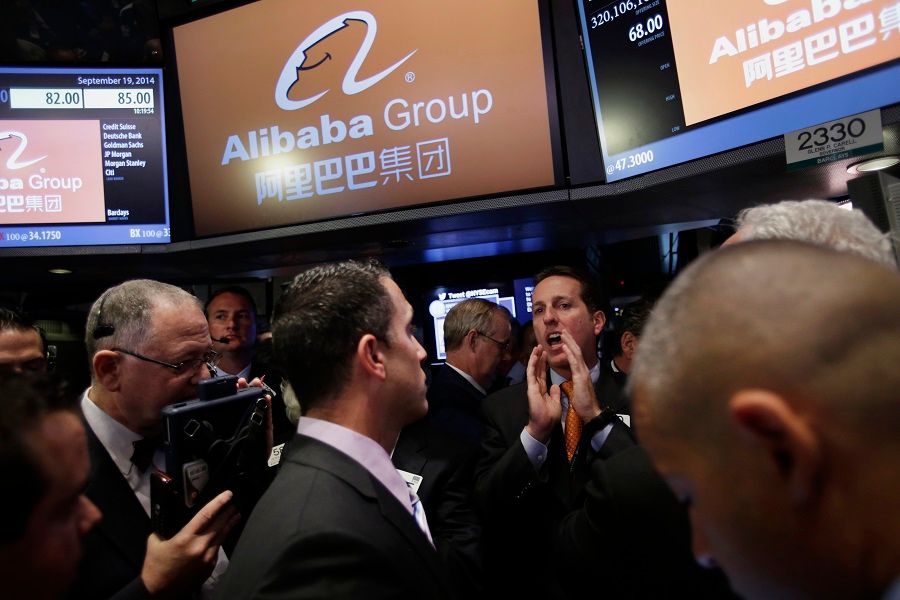
Only after Chinese entrepreneurs have "grown wealthy for the third time" can they better align the development of people and enterprises with the destiny of the country and the times, better seize the direction of progress, and find greater prospects for themselves and their enterprise. They would then understand the significance of getting rich first and then guiding and helping others to become rich, better pay back society, and in turn, gain widespread recognition and respect from the masses.
Then only can the production and operations of their enterprises have a strong cultural soul that can be a source of unity and leadership. Such enterprises will be more equipped to face various risks and challenges, and better realise long-term sustainable development and inheritance.
According to the 2021 Fortune Global 500 list, the number of Chinese enterprises on the list reached 143 this year, surpassing the US (122) to top the list once again. However, truly outstanding and charismatic Chinese entrepreneurs are far and few between. Even among the Chinese enterprises that are on the Fortune Global 500 list, many rely on the scale of the enterprise and not on brand influence. Some of them not only fail to gain popularity and respect from various countries but in fact face criticisms and condemnation.
In conclusion, Chinese entrepreneurs cannot solely concentrate on making money. As they develop the enterprise, they should also pay attention to growing spiritually wealthy in terms of corporate culture, personal attributes, and social responsibility. Then only can China cultivate more world-class entrepreneurs, and produce more world-class enterprises with both economic prowess and strong cultural soft power.
Related: Didi COO and family called 'traitors': Chinese tech entrepreneurs now public enemies on social media? | Taishan Club: The rise and fall of a secretive roundtable of China's richest | Jack Ma an agriculture tsar? | Lenovo's IPO withdrawal: Why Lenovo is no longer the golden boy of the Chinese tech industry | Can China succeed in income distribution reform and get rid of its celebrity economy? | From heroes to pests: What's happening to China's internet giants?
